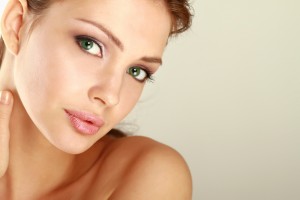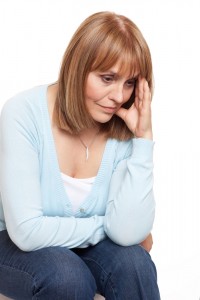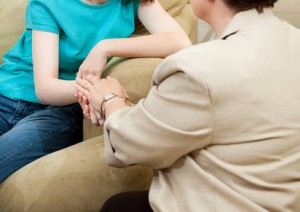Introduction
Women apply makeup on the faces if not always at least once a while or when going out for that special occasion. The question is whether the technique you are using is giving you the best results. There are many beauty tips that women use to ensure that they have that glamorous look.
The following are beauty tricks and tips that every woman should know:
Use a lip liner
The use of a lip liner is one of the ways of ensuring that the lip color lasts all day long. Sharpen the pencil first before application to ensure it is precise. Always choose a color of the lip liner that will match the lipstick you are wearing. The undertones should be similar to enhance the looks and sexiness of your lips. Lip liner is a magical beauty tool that every woman should use as it has many advantages. The reviews on best lip plumper advocate for the use of a lip liner because of its multiple purposes. The lip liner helps to make the lips plumper, allows the lipstick to stay put throughout the day and it defines the shape of the mouth.
Remove mascara smudge using a brush
A mascara smudge is one of the most frustrating things just after finishing the application of makeup. Avoid wiping the smudge using your finger or worse remove the whole makeup and start over. Dip a small makeup brush, usually the concealer brush, in micellar water to remove the smudge as this helps to avoid ruining the eye shadow or liner.
Use nude eyeliner to look more awake
When you have a sleepy look, and you want to look more awake within no time, then a nude eyeliner pencil is the best solution. It is advisable to apply a nude eyeliner pencil on the lower line of the eyes. The application of nude eyeliner makes one more awake. Use the muted shade because it is not harsh on the eyes.
Make the lips plump
Plumping the lips is one of the best beauty tricks that all women need to know to improve their looks with no injections involved. It is advisable to apply a highlighter to the cupid bow (the little dip at the upper lip) and the center of the bottom lip. When applying lipstick, make sure that the lipstick is not too defined at the top of the lip and that it goes all the way to cover the corners of the mouth. Press the lipstick hard when applying.
Pluck out the stray hairs
Almost everyone has one or two stray hairs on the face and other parts of the body. It is advisable to avoid stabbing the hairs with tweezers with the intention of removing them. Dust, some loose powder on the face, to make the hairs stand out and easier to spot. Snug them hair and then pluck them out without stabbing.
Application of eye shadow
It is advisable to start with the base shadows that match the lightest skin on the face. The base shadow should not have any shimmer. Apply the base shadow from the brow all over to the lid up. It is advisable to use the base shadow to make sure that the darker shadows on the lid up to the crease are blending well.
Removing make up
It is always important to remove makeup before going to bed, and this is necessary to keep the complexion of the face good and maintain that radiant look the following day. Micellar water is one of the best products to use on t face for removal of makeup. Micellar is gentle on the skin, and it can help with all types of skin without causing irritation. It is advisable to use a cotton pad when removing makeup on the face because it is gentle on the skin. Soak a little ball of cotton ball in the micellar water, then using a little pressure; gently wipe off the makeup from the face. The best thing about using micellar water is that there is no rinsing needed afterwards.
Conclusion
There are many beauty tricks and tips that can help to maintain the youthful and radiant look in the face. It is important to know these beauty tips as they help to make application of makeup easy. The beauty tips include using micellar water to remove a mascara smudge, removing makeup using micellar water, plumping up the lips, using a nude eyeliner and plucking out the stray hairs on the face and other parts of the body.
Video: Also watch– Top 5 Homemade Face Masks for Your Skin
References
https://www.thebeautyinsiders.com/top-5-beauty-skin-tips.html
http://www.facetreatment.com/9-beauty-tips-for-natural-and-glowing-skin/
Author Bio
Meighan Sembrano is an author at Consumer Health Information. She has a keen interest in writing. She has contributed many beauty related articles in many popular websites. She has done her Mass Communication degree. She now lives in Washington DC. She is a social worker who spends her free time searching about life, healthy, beauty and lifestyles fitness related articles. She is fond of travelling and trekking. To know more about her, follow her on Facebook and Twitter.





